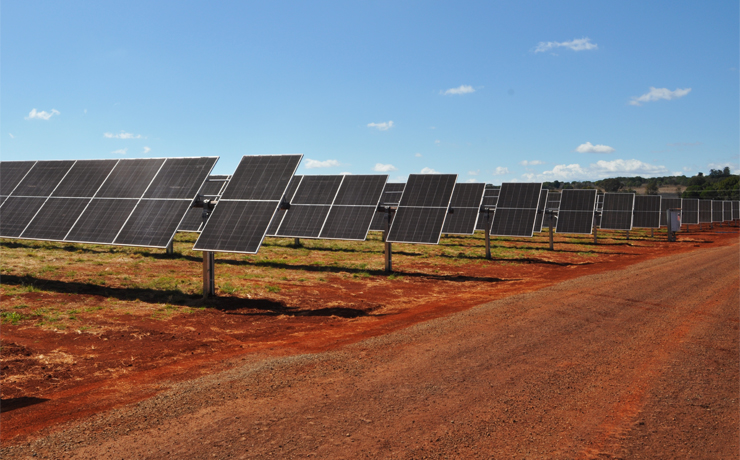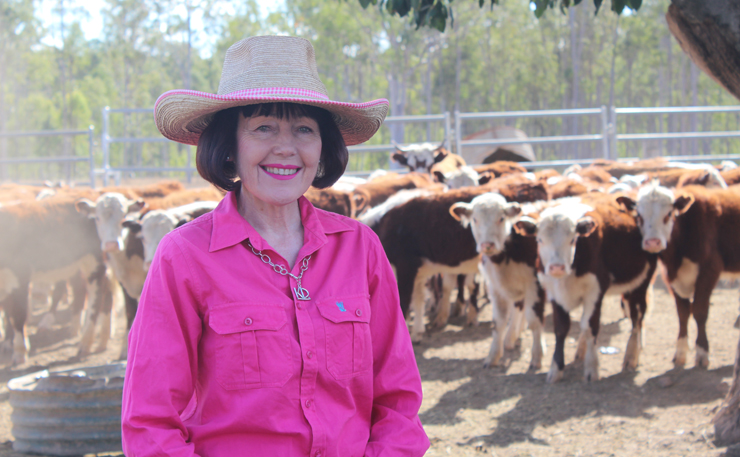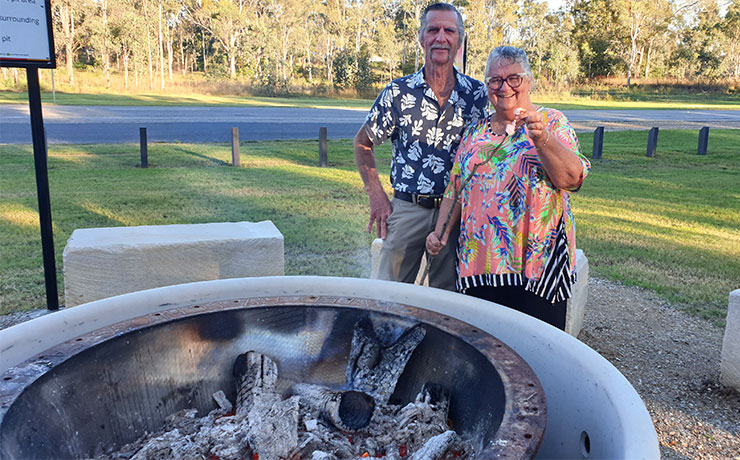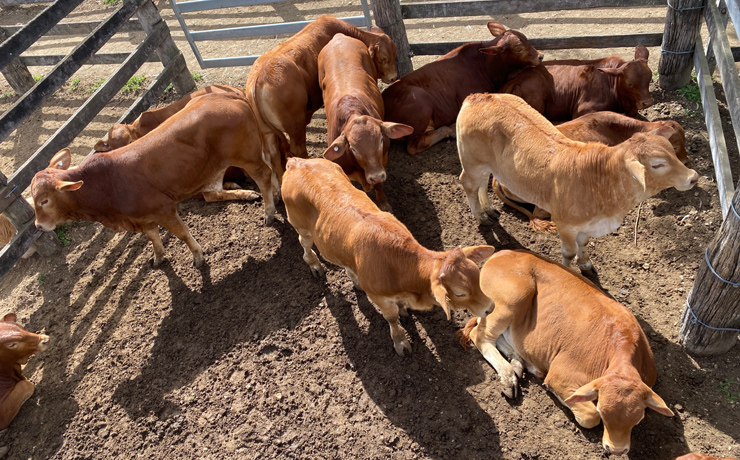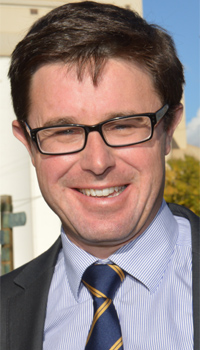
David Littleproud
January 17, 2017
Recent adjustments to the Youth Allowance and Abstudy for rural students should encourage more rural students to gain a tertiary education, according to Member for Maranoa David Littleproud.
Mr Littleproud said a “gap year” after Year 12 meant two totally different things for regional and metropolitan students.
“Many young people use a gap year break to seek employment, earning enough money to be classified ‘independent’ from their parents in order to access government support – like Youth Allowance – to fund their education under their own steam,” Mr Littleproud said.
“For regional kids, leaving home to attend university is a daunting task, emotionally and financially, as they often have to pack up and physically move hundreds of kilometres away to continue their education.
“Previously, students had to wait 18 months for access to independent Youth Allowance to assist with the high cost of living away from home.
“This intended gap year stretched on, with many regional students giving up in frustration.”
He said the nation then missed out on “bright country kids” reaching their full potential through further studies.
“The problem is that regional students are under-represented in our universities,” Mr Littleproud said.
“Take the University of Queensland, for example, where the Tertiary Admissions Centre revealed nearly a third of potential students deferred their enrolment and only 65 per cent eventually pursued their studies.
“Young people from regional areas defer their enrolment at twice the rate of their metropolitan peers and more than 40 per cent don’t return after having that gap year off.”
Mr Littleproud said inadequate financial assistance was a major reason why kids from the bush didn’t attend university after finishing school, but the Federal Coalition Government was looking at ways to better support regional students complete their tertiary education.
“It’s clear the distance from campus and the financial cost of participating in higher education are huge barriers impacting students from regional and remote areas – that’s why this government is doing something about it,” he said.
“The Regional Students Access to Education Package – announced in last month’s midyear economic and fiscal outlook – ensures that access to our nation’s higher education system is accessible for our kids in Maranoa.
“The package will deliver much-needed changes to the workforce independence criteria for Youth Allowance and Abstudy Living Allowance, reducing the period a student from rural, regional and remote Australia needs to earn the required amount to access financial support from 18 months to 14 months.
“This self-supporting criteria amendment ensures our social security system takes into consideration the unique position of regional students and their families – meaning our young people will now only need to defer university for one year rather than two.
“These changes will enable about 3700 regional students to pursue university education a full year sooner than they would be able to under the current provisions.
“When applying for government assistance, sometimes assets are taken into consideration. While rural families can often be considered asset rich – when it comes to machinery and land – they’re often impacted by poor cash-flow.
“That’s why this government removed the family assets test from the means testing arrangements for Youth Allowance and Abstudy last year.
“Young people are Maranoa’s future and just because we live in a rural or remote community shouldn’t mean the dreams of our kids should be put on hold because tertiary education is too financially difficult.”














